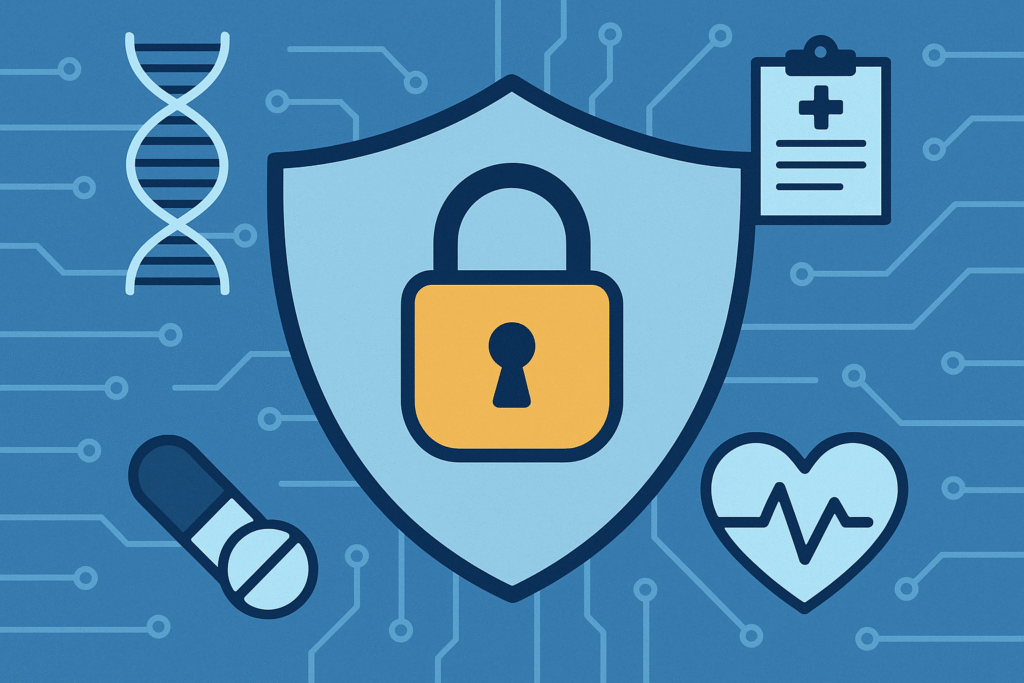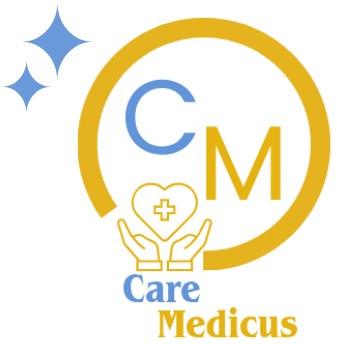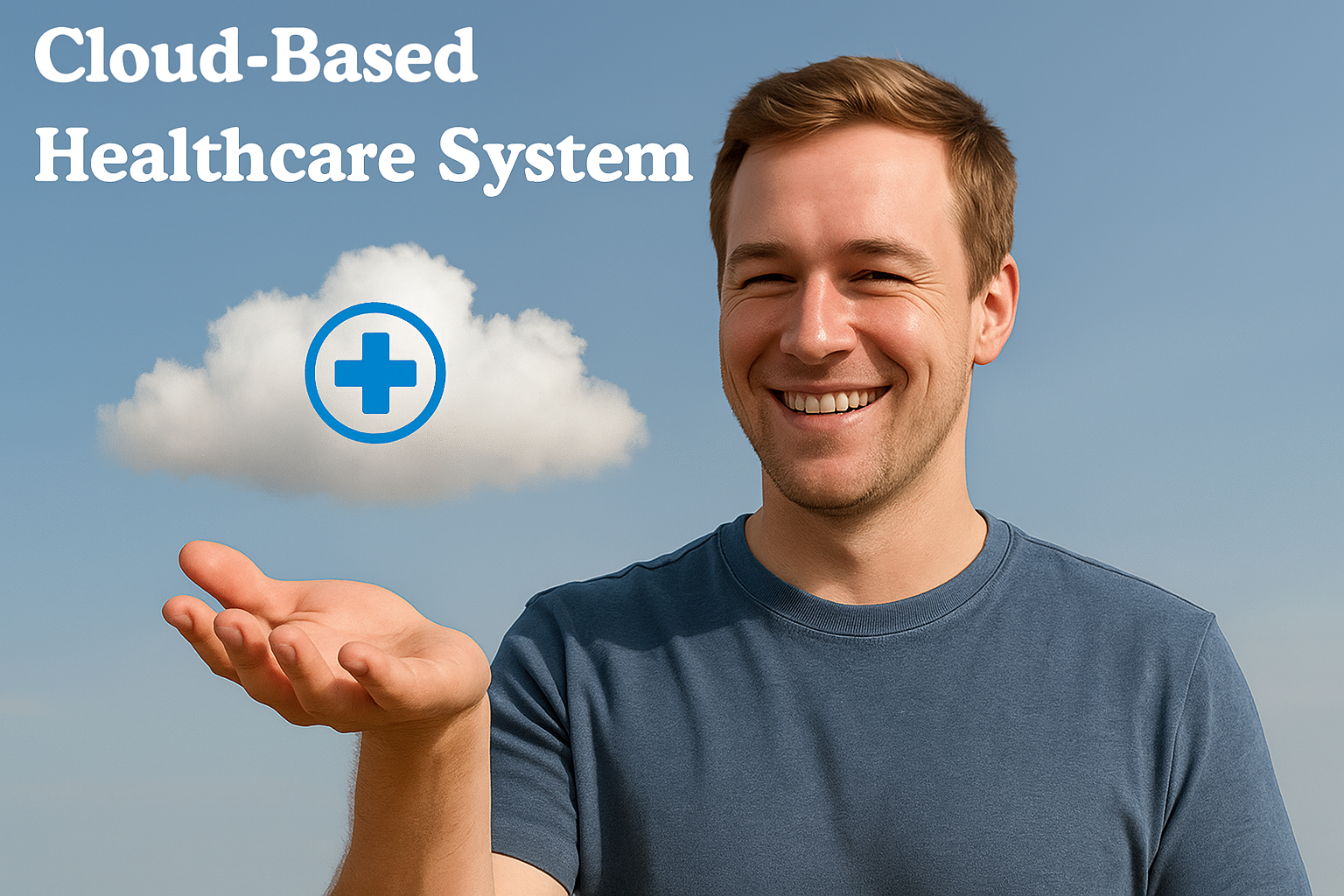With the rapid development of technology, there are many excellent contributions have been done in the healthcare field, one of those is cloud-based systems. Cloud technology is an underpinning enabler of advancement in healthcare today, and is therefore one of the most important forces at play. In this article, we summarising 10 most important advantages of a cloud-based healthcare system:
1. Easy Access to Patient Data
Easy availability of patients’ data is a very big advantage of a cloud based health care system. Securely placed in the cloud, physicians, nurses, and authorized personnel can access patient charts from anywhere and on any device. It cuts down on wait time due to paper files, taking the time to login to an on-site server, or waiting for faxed records; and guarantees that important data—medical history, lab results, imaging, and more— is always in hand when you need it. Convenient access, besides fostering fast decision-making, promotes good coordination among medical caregivers, which translates into quick treatment and, in the process, improved patient results.
2. Better Collaboration
Cloud-based health tech brings increased collaboration between healthcare practitioners. Doctors, specialists, nurses, and other caregivers can quickly share and access the same current information in real time because patient records are centralized in a secure place. This prevents loss in communication and errors as a result of a fragmented patient record. Improved teamwork also means every member of the care team can see the whole picture of the patient’s care, which leads to cohesive treatment plans, easier referrals and better diagnoses – all in all, better care for the patient.
3. Cost Savings
Another good thing about cloud-based healthcare systems is the costs savings. When hospitals and clinics move to the cloud, they can cut costs on physical structures like servers, datacenters, and maintenance crew. Instead of expensive upfront investments, they can be charged based on what they actually use, which is simply a more scalable and budget‐friendly system. In addition, automatic updates and less downtime cuts operational expenditure, streamlined processes lowers administrative overhead. These savings can be directed to support additional patient care and critical services by healthcare organisations.
4. Data Security & Backup
Data security and backup is one of the most important strengths of cloud based healthcare. Patient data is some of the most sensitive data, and cloud providers have robust encryption, identity management and compliance with healthcare regulations to ensure data is secure and protected from unauthorized access or compromise. While conventional onsite storage means you could lose data because of a hardware crash or a natural disaster, cloud systems have built-in backup, and disaster recovery mechanisms. This, in turn, ensures that patient records are always secure, recoverable and online, providing assurance to both providers and patients that healthcare data will remain safe and accessible.

5. Scalability
One of the key benefits of cloud healthcare is the ability to be scalable. Never enduring the pain of expensive infrastructure upgrades, health systems can grow their data storage, applications and processing power as patient volumes rise or new services are added. This flexibility enables hospitals, clinics, and research centers to easily flex with changing needs—such as seasonal patient volume, onboarding new technology or multiple locations. Scalability means that the system grows with the organisation without compromising efficiency and performance at a cost that the organisation can afford.
6. Faster Updates & Integration
One of the considerable advantages of hosting your healthcare with a cloud based service is the ability to achieve updates and integration faster. Cloud solutions enables new functionalities, security updates and so on, to be rolled out automatically; this makes it easy and effortless for care workers to have access to the latest technology without significant downtime or manual fast-tracks. In addition, cloud systems are easier to integrate with other healthcare applications, for example electronic health records (EHRs), diagnostic equipment, or telemedicine systems. Such smooth integration and automatic updating help elevate the system’s performance and security and overall efficiency, letting providers spend more time delivering quality care to patients.
7. Telemedicine Support
Telemedicine support is one of the most revolutionary benefits of cloud-based healthcare platforms. By making use of the cloud, healthcare organizations have the capability to provide virtual appointments, distant monitoring, and 24/7 patient access in any location. This increases the accessibility of healthcare for patients, particularly patients in rural or undersupplied regions, and also decreases the requirement for frequent hospitalizations. Cloud platforms make patient histories, lab work and visit notes all accessible at the click of a mouse for virtual appointments, offering a continuous and connected experience for patients. Telemedicine assistance facilitates patients’ convenience as well as providers being able to offer care that is timely, continuous as well as affordable.
8. Analytics & AI
One of cloud-based EHR systems’ strong suits is their infrastructure to support analytics and AI. Because of the copious amounts of patient data that organizations store securely in the cloud, they can use this data in conjunction with various forms of advanced analytics and AI to find patterns, predict health threats, and help deliver faster and more accurate diagnoses. AI-enabled tools can be used by doctors to personalize treatment plans, enable resource optimization, and even predict the emergence of diseases at their early stages in order to prevent those outcomes. With cloud-based analytics, institutions can also extract real-time insights for administrators, empowering better decision-making and runtime efficiency. This convergence of analytics and AI, ultimately results in intelligent healthcare delivery and improved patient outcomes.
9. Improved Patient Engagement
Another notable advantage of cloud-based healthcare is the ability to engage patients more effectively. Using the cloud to power secure online portals and mobile apps, patients gain convenient round-the-clock access to their medical records, test results, prescriptions, and appointment schedules. This transparency empowered patients to become engaged in their own health maintenance, adhere more closely to treatment plans and communicate directly with their providers. Features such as reminders, educational materials, as well as real-time updates also promote patient engagement. Cloud-based systems of care increase trust and satisfaction and lead to overall health outcomes by providing patients with information and easy access, thus empowering them.
10. Disaster Recovery
An important benefit from cloud-based health systems is disaster recovery. Old-school installations risk losing essential patient data once and for all to hardware faults, cyber-hackers or natural catastrophes. Cloud based systems though, offer a backup facility to automatically backup your data, and a robust recovery process to keep your data safe and easily recoverable in the event of any breaks. By doing so, downtime is minimized, patient care is uninterrupted, and confidential medical records are kept secure. And because disaster recovery is inherently built into the cloud, healthcare providers can avoid business downtime — even in the midst of a disaster situation — and can continue to care for patients without interruption, simply in an alternative location.

Keep visiting caremedicus.com for more useful articles. 😊






Leave a Reply